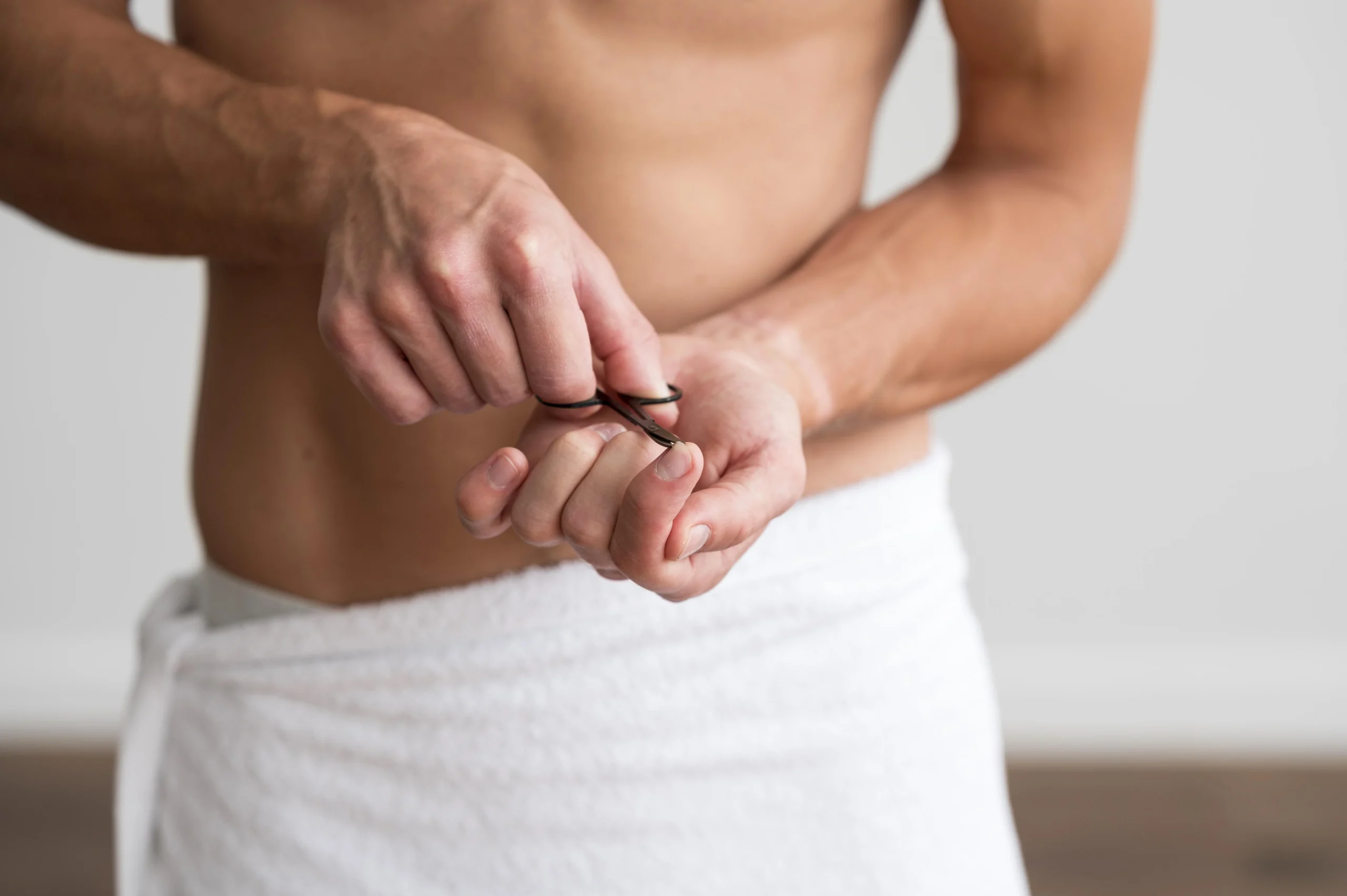Intimate Cleansing: Why is it Important?
Intimate self-care is a fundamental aspect of overall health that is often overlooked. Maintaining good intimate hygiene not only helps prevent discomfort and infections, but is also essential for sexual well-being and body balance. In this article, we will explain the importance of intimate hygiene and how proper care can influence overall health and well-being.
What is intimate cleansing? Key aspects
Intimate hygiene refers to the specific cleaning and care of the genital areas to maintain health and prevent infections. Intimate health is sensitive to multiple factors, from the use of inappropriate products to the type of underwear or daily habits that can alter the pH balance in this area.
The intimate area has a naturally acidic pH that helps prevent the growth of bacteria and fungi. This balance is very delicate, and factors such as the use of irritating products, sweat, sexual relations or even the type of water can affect it. Maintaining proper intimate hygiene is essential to maintain this balance and avoid discomfort or infections.
Key practices for healthy intimate hygiene
Carrying out intimate hygiene practices correctly is essential to avoid alterations in intimate health. Here we share some of the most recommended care:
1. Wash the intimate area with appropriate products
It is important to use products specifically designed for intimate hygiene, as other soaps can be too strong and alter the pH of the area. Intimate hygiene products are usually formulated with a balanced pH that respects the natural environment of this area.
2. Avoid the use of deodorants and intimate perfumes
Although some products promise to “freshen” or perfume the intimate area, it is advisable to avoid using deodorants and perfumes in this area, as they can cause irritation and alter the pH balance. It is better to opt for a gentle, fragrance-free intimate cleanser.
3. Change your underwear regularly
Wearing clean underwear is essential for intimate health. It is advisable to choose cotton underwear, which allows the skin to breathe and minimizes moisture build-up. In addition, changing underwear daily helps prevent infections.
4. Dry yourself well after showering or swimming
Excessive moisture in the intimate area can encourage the growth of bacteria and fungi. After showering or swimming, make sure to dry yourself thoroughly with a clean, soft towel.
5. Avoid tight clothing
Clothes that are too tight can cause friction and trap moisture, which can alter the pH and cause discomfort. Opting for comfortable, loose-fitting clothing is a great way to take care of this area.
Intimate hygiene products: What to use and what to avoid?
The market offers a variety of intimate hygiene products, but it is important to know which ones are suitable to protect the sexual well-being and health of this delicate area.
Recommended Products
- pH-balanced soaps and gels: These products are specially formulated to respect the natural pH of the area and avoid irritation.
- Cotton Towels: If you need to dry or clean the area, always opt for soft cotton towels to reduce friction.
- Underwear protectors
: If used occasionally and changed regularly, they can help maintain freshness. It is recommended to choose pads that are fragrance-free and made of breathable materials.
Products to Avoid
- Scented or antibacterial soaps: These products can eliminate beneficial bacteria in the area, causing pH imbalances and increasing the risk of infection.
- Intimate wipes: Although they can be useful in specific situations, it is best to avoid them on a regular basis, as they contain chemicals that can irritate the skin.
- Vaginal douches
: Vaginal douching is not recommended for routine use. It can alter the natural flora of the area and increase the likelihood of infections.
Intimate hygiene and sexual well-being: How are they related?
Intimate hygiene and sexual well-being are closely related. Maintaining good intimate hygiene not only benefits health, but also improves confidence and comfort in relationships. Intimate health directly influences the quality of sexual life, since when you feel fresh and clean, your well-being and personal security are enhanced.
Additionally, certain hygiene practices before and after sexual activity can prevent infections and discomfort. For example:
- Urinating after intercourse: Helps eliminate bacteria that could enter the urethra during sexual contact, reducing the risk of urinary tract infections.
- Gentle cleansing
: Avoid using irritating products before and after sexual activity. Warm water and mild or soap-free soap are usually sufficient.
This type of care allows intimate well-being to be maintained, promoting a healthier and more comfortable sexual life.
Tips to prevent common infections and discomforts
Below are some additional tips to protect your intimate health and prevent common problems such as infections or irritations:
- Maintain a balanced diet
: Diet plays an important role in intimate health. Foods rich in probiotics, such as yogurt, promote bacterial flora and help maintain pH balance.
- Drink enough water
Hydration is essential for overall body health, including the intimate area. Drinking water helps maintain good mucus production and eliminate toxins.
- Avoid prolonged use of wet clothing
: Whether after exercise or swimming, it is important to change your clothes as soon as possible. Humidity can cause imbalances that increase the risk of infections.
- Consult a health professional regularly: Regular check-ups with a health professional allow any problems to be detected early and provide personalized recommendations for intimate care.
- Use protection during sexual intercourse
: Using protective methods, such as condoms, is key to preventing sexually transmitted infections and protecting intimate health. It is also advisable to maintain good hygiene after each encounter.
Good intimate hygiene is essential for sexual well-being and overall intimate health. Knowing the right products and practices, as well as carrying out basic daily care, allows this important area of the body to remain balanced and free from discomfort.







